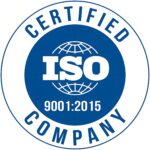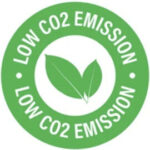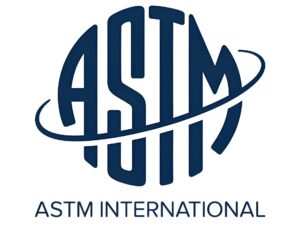
ASTM International, formerly known as American Society for Testing and Materials, is a standards organization that develops and publishes voluntary consensus technical international standards for a wide range of materials, products, systems and services. Some 12,575 apply globally. The headquarters is in West Conshohocken, Pennsylvania, about 5 mi (8.0 km) northwest of Philadelphia. It was founded in 1902 as the American Section of the International Association for Testing Materials.
In addition to its traditional standards work, ASTM operates several global initiatives advancing additive manufacturing, advanced manufacturing, and emerging technologies, including the Additive Manufacturing Center of Excellence (AM CoE), the acquisition of Wohlers Associates for market intelligence and advisory services, and the NIST-funded Standardization Center of Excellence (SCOE).
ASTM’s headquarters in West Conshohocken, Pennsylvania
Founded:1902; 123 years ago
Headquarters:West Conshohocken, Pennsylvania, U.S
Number of locations:Additional offices in Belgium, Canada, China, Peru, and Washington, D.C.
Area served:United States (1898–present) International (2001–present)
Members:30,000
Website:www.astm.org
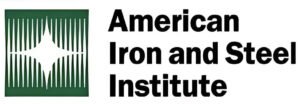
The American Iron and Steel Institute (AISI) is a trade association of North American steel producers. Including its predecessor organizations, it is one of the oldest trade associations in the United States, dating back to 1855. It assumed its present form in 1908, with Judge Elbert H. Gary, chairman of the United States Steel Corporation, as its first president. Its development was in response to the need for a cooperative agency in the iron and steel industry for collecting and disseminating statistics and information, carrying on investigations, providing a forum for the discussion of problems and generally advancing the interests of the industry.
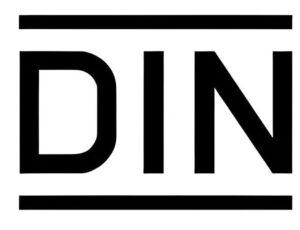
Deutsches Institut für Normung e.V. (DIN; in English, the German Institute for Standardisation) is a German non-profit organization and acting as national organization for standardization. DIN is the German ISO member body. DIN is headquartered in Berlin. There are around thirty thousand DIN Standards, covering nearly every field of technology.
Types:nonprofit organization
Legal status:registered association
Headquarters:Berlin
Country:Germany
Membership:3,518 (2022)
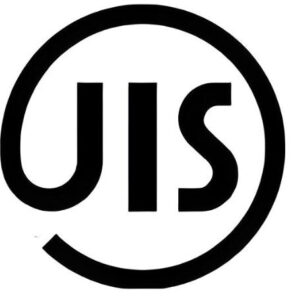
Japanese Industrial Standards (JIS) (日本産業規格, Nihon Sangyō Kikaku; formerly 日本工業規格 Nihon Kōgyō Kikaku until June 30, 2019) are the standards used for industrial activities in Japan, coordinated by the Japanese Industrial Standards Committee (JISC) and published by the Japanese Standards Association (JSA). The JISC is composed of many nationwide committees and plays a vital role in standardizing activities across Japan.
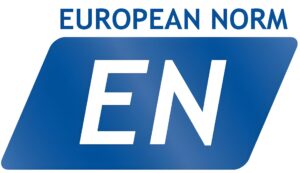
European Standards,sometimes called Euronorm (abbreviated EN, from the German name Europäische Norm, “European Norm”), are technical standards which have been ratified by one of the three European Standards Organizations (ESO): European Committee for Standardization (CEN), European Committee for Electrotechnical Standardization (CENELEC), or European Telecommunications Standards Institute (ETSI). All ENs are designed and created by all standards organizations and interested parties through a transparent, open, and consensual process.
European Standards are a key component of the European single market. They are crucial in facilitating trade and have high visibility among manufacturers inside and outside the European territory. A standard represents a model specification, a technical solution against which a market can trade.
European Standards must be transposed into a national standard in all EU member states. This guarantees that a manufacturer has easier access to the market of all these European countries when applying European Standards. Member countries must also withdraw any conflicting national standard: the EN supersedes any national standard. The current trend in Europe is oriented towards the harmonization of national standards under the Euronorm family.[5] Here, Euronorm becomes the equivalent of a national standard in all member countries and replaces any prior conflicting national standard.
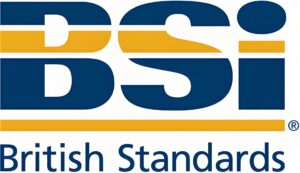
The British Standards Institution (BSI) is the national standards body of the United Kingdom. BSI produces technical standards on a wide range of products and services and also supplies standards certification services for business and personnel.
BSI was founded as the Engineering Standards Committee in London in 1901.[5][2] It subsequently extended its standardization work and became the British Engineering Standards Association in 1918, adopting the name British Standards Institution in 1931 after receiving a Royal Charter in 1929.[2] In 1998 a revision of the Charter enabled the organization to diversify and acquire other businesses, and the trading name was changed to BSI Group.
The Group now operates in 195 countries.[6] The core business remains standards and standards related services, although the majority of the Group’s revenue comes from management systems assessment and certification work.
Company type:Non-profit distributing incorporated body operating under Royal Charter
Founded:1901
Headquarters:London, United Kingdom
Number of locations:90 offices in 31 countries
Area served:Worldwide
Products:standards and standardsrelated services
Revenue: £539.3m
Website:www.bsigroup.com
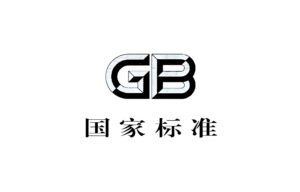
The National Standards of the People’s Republic of China,coded as GB, are the standards issued by the Standardization Administration of China under the authorization of Article 10 of the Standardization Law of the People’s Republic of China
According to Article 2 of the Standardization Law, national standards are divided into mandatory national standards and recommended national standards.Mandatory national standards are prefixed “GB”. Recommended national standards are prefixed “GB/T”. Guidance technical documents are prefixed with “GB/Z”, but are not legally part of the national standard system.
Mandatory national standards are the basis for the product testing which products must undergo during the China Compulsory Certificate (CCC or 3C) certification. If there is no corresponding mandatory national standard, CCC is not required.
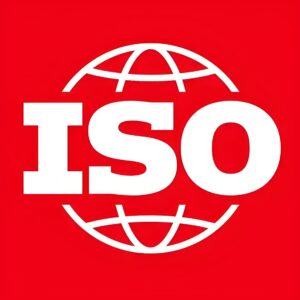
The International Organization for Standardization (ISO) is an independent, non-governmental, international standard development organization composed of representatives from the national standards organizations of member countries.
Membership requirements are given in Article 3 of the ISO Statutes.
ISO was founded on 23 February 1947, and (as of July 2024) it has published over 25,000 international standards covering almost all aspects of technology and manufacturing. It has over 800 technical committees (TCs) and subcommittees (SCs) to take care of standards development.
The organization develops and publishes international standards in technical and nontechnical fields, including everything from manufactured products and technology to food safety, transport, IT, agriculture, and healthcare. More specialized topics like electrical and electronic engineering are instead handled by the International Electrotechnical Commission.It is headquartered in Geneva, Switzerland.,The three official languages of ISO are English, French, and Russian.
Abbreviation:ISO
Predecessor:International Federation of the National Standardizing Associations (ISA)
Formation:23 February 1947; 78 years ago
Type:Non-governmental organization
Purpose:International standards development
Headquarters:Geneva, Switzerland
Membership:170 members (39 correspondents and 4 subscribers)
Official languages:English,French,Russian
Website:www.iso.org
Disclaimer: The above content is quoted from Wikipedia for knowledge popularization only without commercial purpose.



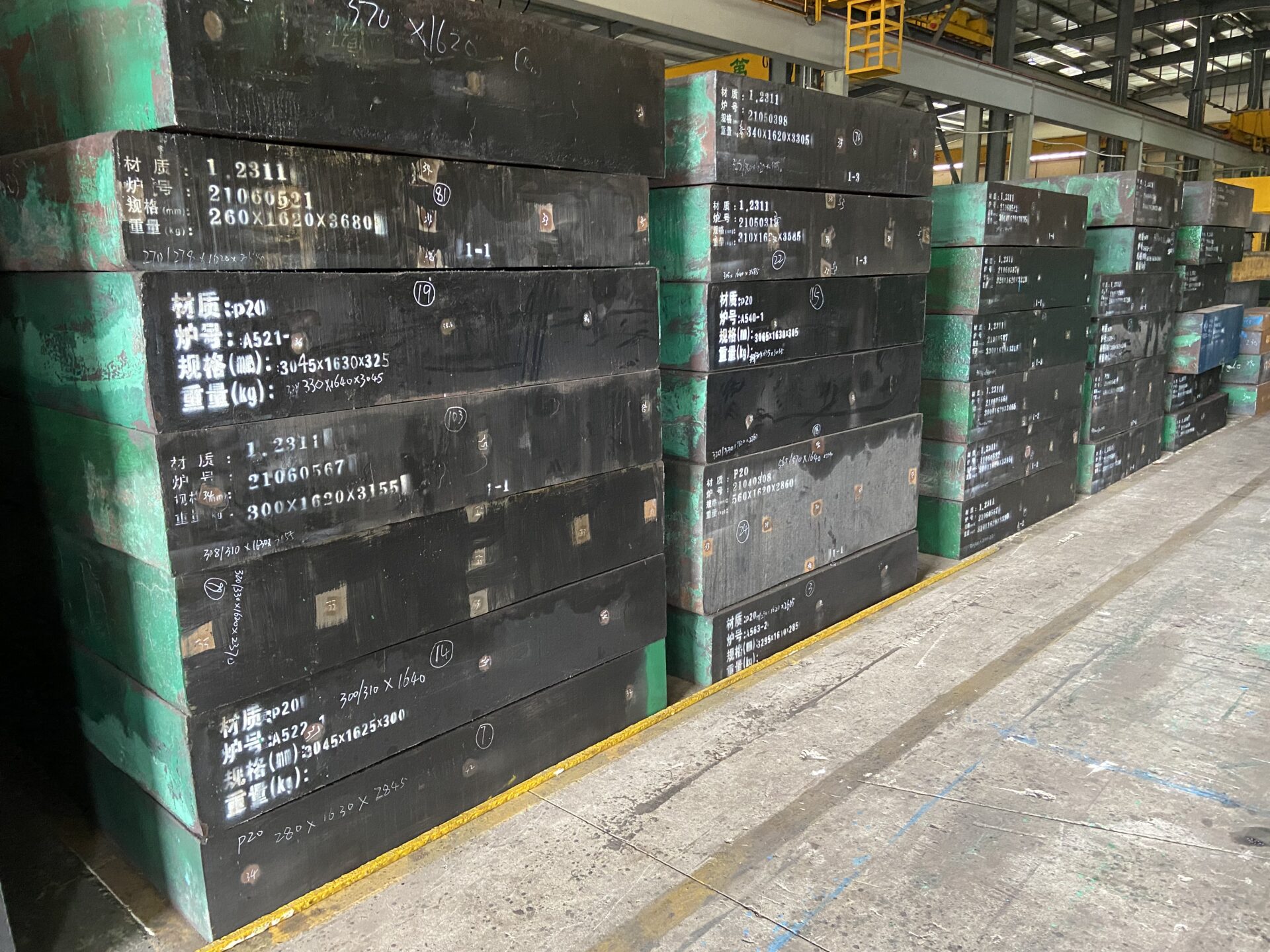


.jpg)



